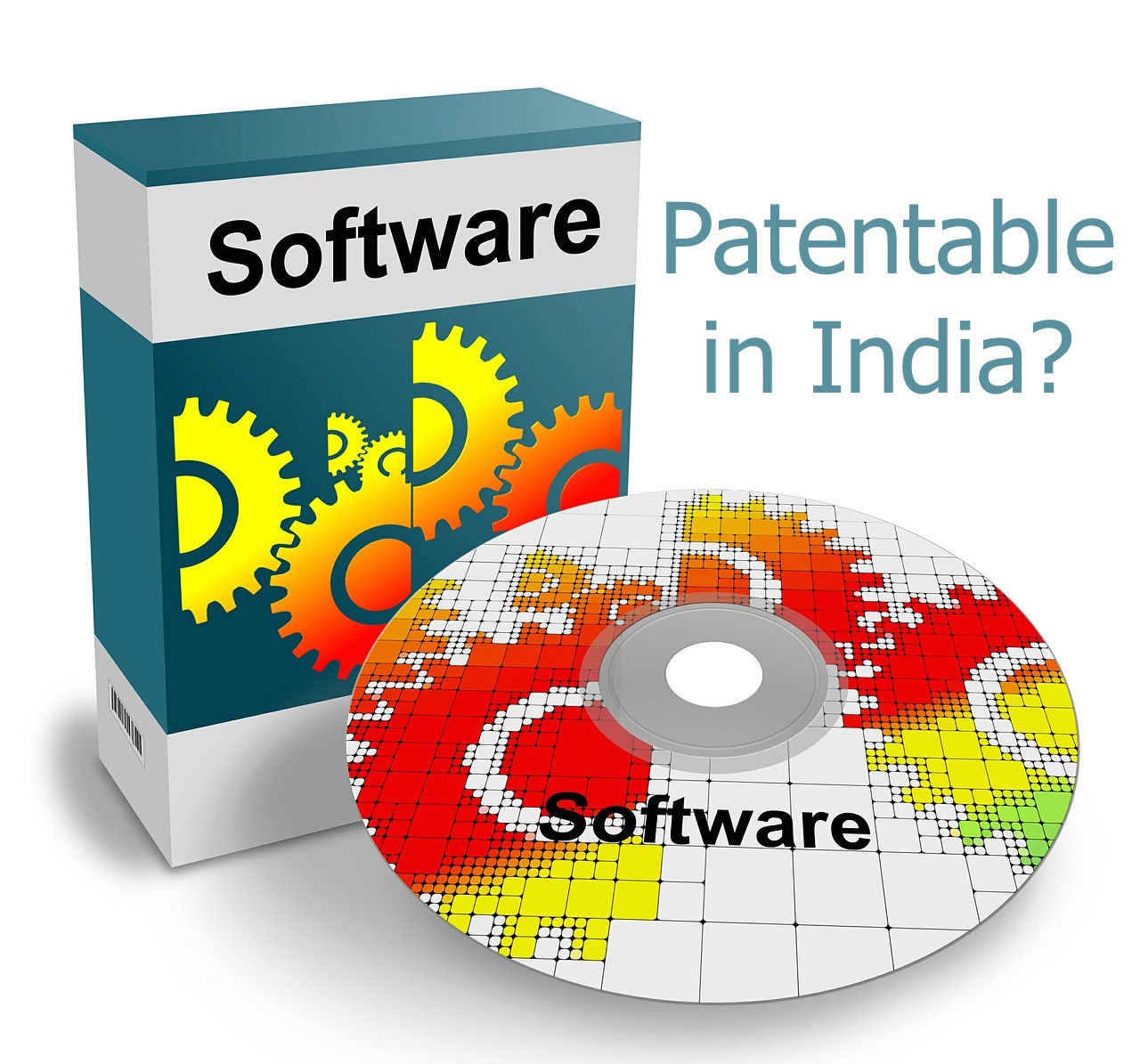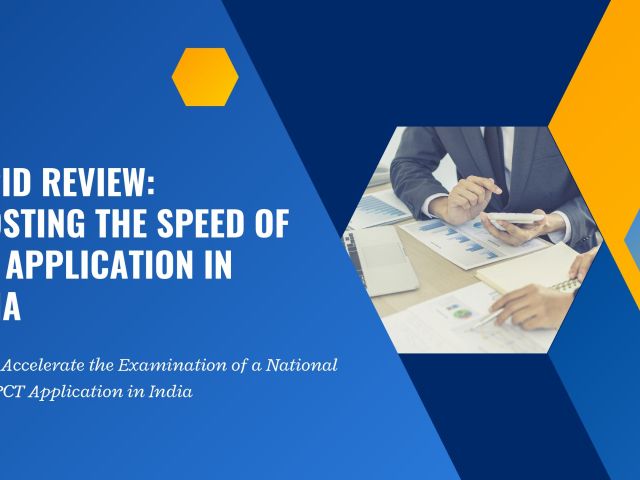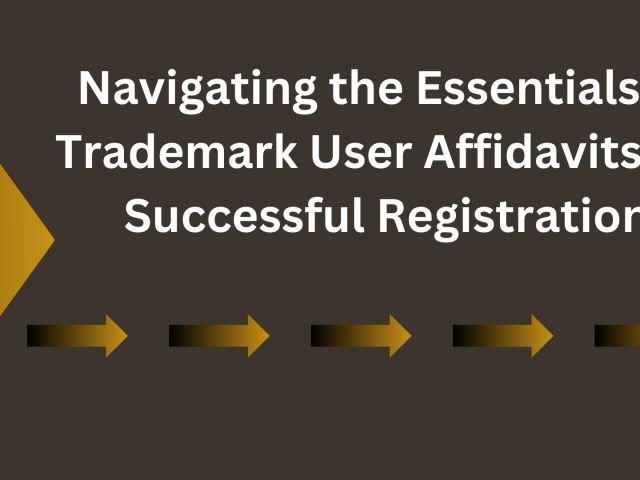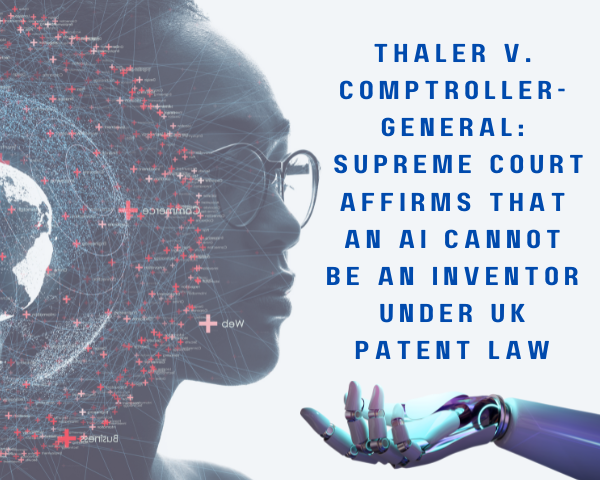Software Patents in India
In India, Section 3 of the Patent Act 1970 enumerates a list of things that are not considered inventions (and are hence not patentable). Section 3(k) refers to a ‘computer programe per se.’ This means you cannot get a patent for a software program by itself in India. However, you can get a software patent in India for a software invention in conjunction with hardware.
The logic behind denying patents for software per se in India is to promote innovation. If software, per se, is patented, a minority of firms will own most of the software inventions. This scenario is unimaginable in a developing country like India, where programmers must be given the freedom to innovate. To develop better software, programmers or coders must access open-source software. Keeping in line with this spirit, Section 3(k) does not allow software patents without hardware applicability.
At this point, it is essential to note that Section 3(k) does not intend to place a blanket ban on software patents in India, and it only says that computer programs per se are not patentable. The phrase ‘computer programs per se’ has not been defined and has therefore been the source of some ambiguity. To this end, the Government passed Guidelines that help determine the extent or rather how software inventions are patentable.
Guidelines:
The initial Guidelines issued by the Government on August 21, 2015, deviated from Section 3(k) insofar as they allowed software patents per se. These guidelines were a cause of worry for the software industry. According to these Guidelines, the software could be patented as long as it produced a ‘further technical effect.’ The phrase ‘further technical effect’ was not defined, leaving it to the judgment of the patent Examiners to determine whether a software invention produced a further technical effect or not.
Upon receiving complaints from a group led by SFLC.in, iSPRIT, and Knowledge Commons, the Indian Patent Office stayed the Guidelines on December 14, 2015.
Recently (February 19, 2016), the Government issued new Guidelines for software patents in India. Download from here.
Software per se cannot be patented.
The software can be patented in combination with new hardware, which means that any invention must relate to novel software and hardware for it to be patentable.
To be patentable, software must have an industrial application.
Conclusion:
Therefore, to answer the main question, can we get a software patent in India? Yes. You can get a patent for a software invention in India, and you only have to ensure that the contribution (invention) must lie in both the computer programme and the hardware. A software invention is patentable in conjunction with hardware.
Getting software patents in India for software inventions is a reality. Below are some examples of software patents that are granted in India.
| Applicant | Patent No. | Title | Grant date |
| Apple Inc | IN 263108 | Unlocking A Device By Performing Gestures On An Unlock Image | 07/10/14 |
| Samsung Electronics Co Ltd | IN 255400 | A System And Method For Data Delivery In Conjunction With A Hybrid Automatic Retransmission Mechanism In CDMA Communication Systems | 18/02/13 |
| Google Technology Holdings Llc | IN 245716 | A Method For Indexing Documents And An Information Retrieval System Thereof | 31/01/11 |
| Oracle International Corporation | IN 270721 | Dynamic Call Characteristic Control On A Per Call Basis | 27/01/16 |
Finally, the latest guidelines reiterate the statutory provision concerning software patents in India. For a developing country like India, denying patents for only novel software without hardware goes a long way in encouraging and enabling innovation in the software industry. At the same time, allowing patenting of novel software in conjunction with hardware gives ample incentive for the inventors.




